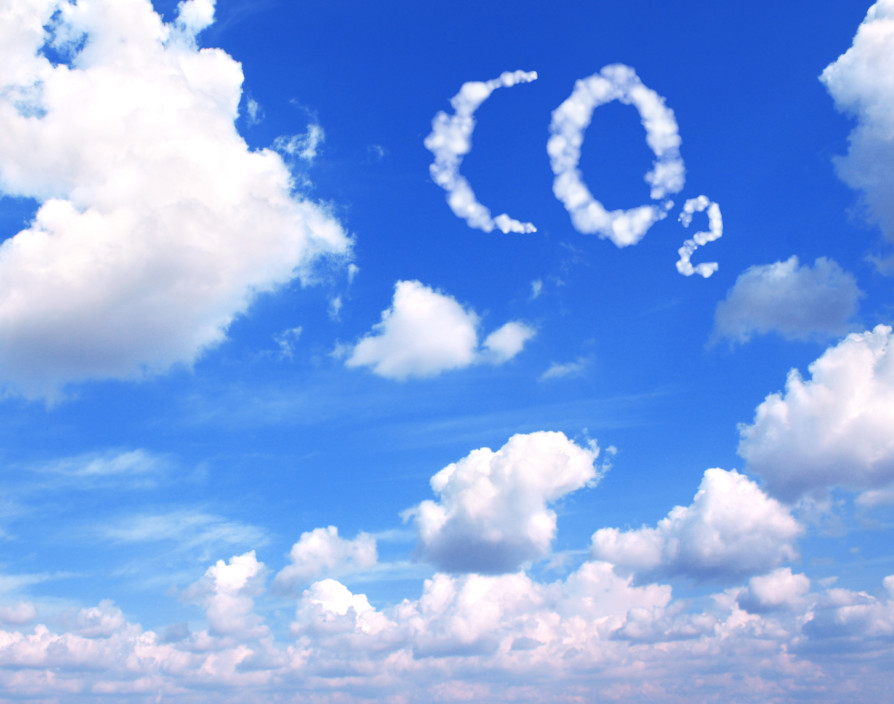Last month, Boris Johnson unveiled the much anticipated ten-point plan to spark a green industrial revolution and get the UK on track towards its net zero carbon goal.
Unsurprisingly, the focus was on the energy sector and the macroeconomic changes required to achieve the target. We know how important it is to see these changes in big business but to really achieve positive change on climate action ‘ we must see collaboration across the whole of industry.
We know that many businesses ‘ of all sizes ‘ have set their own targets and are working hard to achieve those goals. In the UK, SME’s account for 99 per cent of the business population so it’s more important than ever to ensure they are helping the UK to reach its net zero targets by 2050.
The SME community in the UK is a significant force. It accounts for three fifths of the employment landscape and around half of all turnover. Whilst our contributions are hugely significant, it also means our sustainability credentials are not inconsequential.
SMEs have faced significant challenges in the past year ‘ many have been forced to cut staff and salaries in order to stay afloat. But as we look ahead to the new year, it’s important that climate change action is at the heart of SME coronavirus recovery strategies.
Committing to sustainability targets can be daunting in a period as uncertain as this. In fact, a recent survey from Ella’s Kitchen, found that 70% of business leaders have had to pause climate initiatives due to COVID-19, with two-thirds confirming the global pandemic will result in missing their sustainability targets.
Yet, the SME community has a unique opportunity to make a real difference to net zero action. Without the pressures of stock prices, and stakeholders that may slow down climate action at public listed companies, there is a freedom to take ownership of sustainability initiatives and to take swift action.
To be part of the net zero solution, SMEs must create systems of collaboration and accountability to ensure we are helping the country’s progress towards net zero targets.
Collaboration amongst the SME community will be key to driving real change. In a business environment as competitive as this one, committing to shared values and aims can drive forward entire sectors in a way a single company cannot do. Working together to tackle the weaknesses of your industry ‘ for example, in our case, packaging in the food and drink industry ‘ can create far bigger impact.
There are several practical steps SMEs can take. The first is to consider becoming a B Corp ‘ and this is one that’s close to my heart. The B Corp movement has grown enormously in recent years because of its community approach and extensive analysis and process.
It helps business on the road to improvement and holds companies accountable year after year. No one will become carbon neutral overnight. But by joining the B Corp community, you will be part of the world’s leading responsible business network and supported to go further than you will on your own.
Another important action is to properly understand your impact. Many businesses are not even aware of their carbon footprint, so bringing in external parties to measure and analyse your impact is a useful first step in developing the specific strategies and targets you will need to become carbon neutral.
Importantly, this year has proven that consumers want to feel confident they are supporting businesses that have a social conscience and will stick with brands that reflect their values. At Ella’s Kitchen, re-doubling our efforts to become carbon neutral by 2030 was driven by remembering our overarching mission: to do everything to ensure the health and wellbeing of the next generation. And what could be more important in this than protecting the planet for our children?
As we approach the end of the year and attempt to make sense of it all, one lesson we can all take is that no habit is too ingrained to be changed. In the business ecosystem, so many assumptions have been challenged about how we function in our day to day lives. A paperless office occurred overnight without us even noticing, our business travel plummeted without an impact on our ability to connect, and our workforces continued seamlessly without driving into the office.
The move towards a sustainable future is already happening but without setting clear goals and targets, it could be easy for us to lose sight when normality finally returns. Seeking accountability and a community can ensure SMEs stay at the forefront of this green recovery.
“
Share via:








































